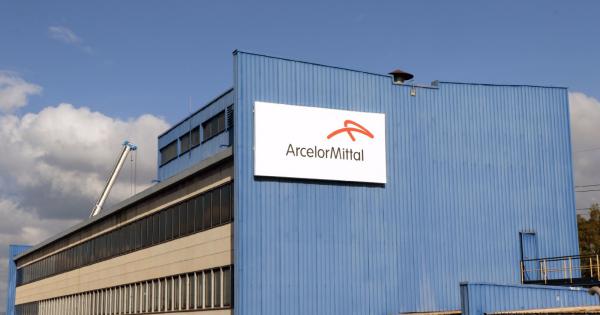The European Commission approved on Friday a €1.3 billion ($1.4 billion) state aid measure to support steelmaker ArcelorMittal to decarbonise its operations in Germany.
The German measure, made available part through the Recovery and Resilience Facility (RRF), will support ArcelorMittal Bremen and ArcelorMittal Eisenhüttenstadt through a direct grant. The company plans to use the funding to build a direct reduction plant and three new electric arc furnaces, Kallanish learns.
The project, expected to enter operation in 2026, will enable the replacement of two of ArcelorMittal’s three existing blast furnaces, and two of the four existing oxygen furnaces. The new direct reduction plant will initially operate with natural gas, but “ultimately operate exclusively using renewable hydrogen,” the EC says, without providing a timeline.
“By making steelmaking greener [through the use of hydrogen], it helps to achieve the EU’s target of climate neutrality by 2050. At the same time, the measure ensures that possible competition distortions remain limited,” comments Margrethe Vestager, executive vice-president in charge of competition policy.
ArcelorMittal expects to produce 3.8 million tonnes/year of green crude steel in Germany, which will avoid the release of over 70mt of carbon dioxide over the 16-year lifetime of the project.
The EC says the steelmaker has committed to “actively share” the experience and technical know-how through the project with industry and academia. It did not specify how much hydrogen demand the project would potentially unlock.
Germany’s Federal Ministry for Economic Affairs and Climate Action issued the subsidy pledge earlier this month (see Kallanish 7 February). The announcement gave ArcelorMittal the assurance that it can expect the same state support as the other German oxygen-route steelmakers. Salzgitter, thyssenkrupp Steel and Saarland mills Dillinger and Saarstahl have already received the green light for subsidies for their respective transition projects.
Thyssenkrupp has started a tender for the supply of low-carbon hydrogen for its first direct reduction plant at its Duisburg site. Procurement will start in 2028 at 104,000t, before rising to 143,000t/y during 2029-2035. Hydrogen purchase should then increase to 151,000t/y in 2036-2037.






